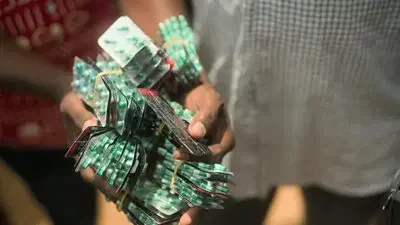
An Indian pharmaceutical company is manufacturing unlicensed, addictive opioids and exporting them illegally to Nigeria and other countries in West Africa, consequently driving a major public health crisis in the zone.
The findings from an undercover investigation conducted by the BBC Eye - an investigative branch of the BBC World Service - revealed in a documentary, titled "India's Opioid Kings" showcasing how the Mumbai-based drug company, Aveo Pharmaceuticals, produces the dangerous drugs under various brand names and containing a deadly cocktail of potent, highly addictive constituents.
In the live footage, the BBC investigation team chronicled its investigation from the company to the streets, depicting the magnitude of the problem, and highlighting how use of the branded spurious drug products are targeted for sale as common street drugs in Nigeria, Ghana, and Cote D'Ivoire - constituting potential danger to health with the risk of breathing problems and seizures by users, even as overdoses are often fatal.
A statement released to pressmen at the unveiling affirmed: "Aveo Pharmaceuticals, based in Mumbai, makes a range of pills that go under different brand names and are packaged to look like legitimate medicines. But all contain the same harmful mix of ingredients: tapentadol, a powerful opioid, and carisoprodol, a muscle relaxant so addictive it's banned in Europe.
"This combination of drugs is not licensed for use anywhere in the world and can cause breathing difficulties and seizures. An overdose can kill. Despite the risks, these opioids are widely used as street drugs in many West African countries. The BBC World Service found packets of them, branded with the Aveo logo, for sale on the streets of Ghana, Nigeria, and Cote D'Ivoire.
"Having traced the drugs back to Aveo's factory in India, the BBC sent an undercover operative inside the factory, posing as an African businessman looking to supply opioids to Nigeria. Using a hidden camera, the BBC filmed one of Aveo's directors, Vinod Sharma, showing off the same dangerous products the BBC found for sale across West Africa.
"In the secretly recorded footage, the operative tells Sharma that his plan is to sell the pills to teenagers in Nigeria 'who all love this product.' Sharma doesn't flinch. 'OK,' he replies, before explaining that if users take two or three pills at once, they can 'relax' and get 'high'.
"Towards the end of the meeting, Sharma holds up a box of pills made in his own factory and admits: "This is very harmful for their health - but nowadays, this is business."
Further the statement said when the allegations were put to Vinod Sharma and Aveo Pharmaceuticals, they did not respond.
"The Indian drugs regulator, the CDSCO, told us the Indian government recognises its responsibility towards global public health and is committed to ensuring India has a responsible and strong pharmaceutical regulatory system. It added that exports from India to other countries are closely monitored and that recently tightened regulation is strictly enforced. It also called importing countries to support India's efforts by ensuring they had similarly strong regulatory systems.
"The CDSCO stated it has taken up the matter with other countries, including those in West Africa, and is committed to working with them to prevent wrongdoing. The regulator said it will take immediate action against any pharmaceutical firm involved in malpractice."
In a response, Nigerian health regulatory authorities regretted the development but assured that the country was intensifying efforts to combat the illegal opioid trade and making progress in its activities.
The Director of Investigation and Enforcement of the National Agency for Food and Drug Administration and Control (NAFDAC), Pharm Shaba Mohammed, said the agency seized billions of naira worth of narcotics in recent operations.
"As pharmacists, we know how to manufacture our drugs, and of course, we can't combine tapentadol and carisoprodol because it is a lethal combination, and I don't think there's anywhere in the world that such a combination can be registered. Such a combination is synergistic, one drug's effect would enhance the other's. This dangerous mix is appearing in the communities.
"Recent raids target open drug markets in Idumota and Onitsha, these markets are sources of numerous narcotics. In Lagos, we seized 12 truckloads of fake drugs including narcotics from Idumota, my office is holding these narcotics, worth billions. Some are not even purchased by legitimate companies. They will be destroyed soon,' he stated.
Also speaking, the Director of Narcotics and Controlled Substances, NAFDAC, Pharm.Yedunni Adenuga, explained that the agency has in place a strong regulatory processes in dealing with medicines.
"Any medicine that has to be imported or locally manufactured has to go through a registration process. And we all have our processes. We have a strong regulatory process in Nigeria. So any product or drug product that has to be consumed in Nigeria has to be registered by NAFDAC.
"For narcotics, we also have a strong process. Before you can bring in any narcotic product, you must have a permit to import that product, including Tramadol, and then when you bring it in, you still need a permit to carry it through the ports of entry. In Nigeria, the acceptable formulations are of 100 mg and below, and those are for medical purposes. It is highly controlled, but we know that these things find their way into the country because of the porous borders all around."
On his part, the Director, Pharmacy Council of Nigeria, Lagos Union Office, Dr. Taiwo Filusi, said the PCN ensures that drugs are distributed according to the National Drug Distribution Guidelines.
"Section 52, 60, and 61 of our Act stipulates that narcotics must be handled only by professionals. It stipulates that narcotics must be kept only in places that are duly inspected and registered and licensed by the PCN. The PCN is also working to address the issue of unlicensed individuals handling opioids, aiming to enforce the law and bring them to justice."
In 2018, The BBC Eye carried out a similar undercover investigation that exposed how leakages in the Nigerian pharmaceutical industry's regulatory system was aiding the plague of codeine addiction across Nigeria.
The documentary of the investigation entitled: Sweet Sweet Codeine, captured in graphic details activities of a highly organised codeine syrup syndicate was illegally supplying codeine syrup products from the factories to unlicensed dealers who in turn sold the dangerously addictive, sweet-tasting mixtures to addicts.
The exposition led to the shutting down of three pharmaceutical companies along with sanctions. The federal government also banned the sale over the counter of codeine containing cough syrups.

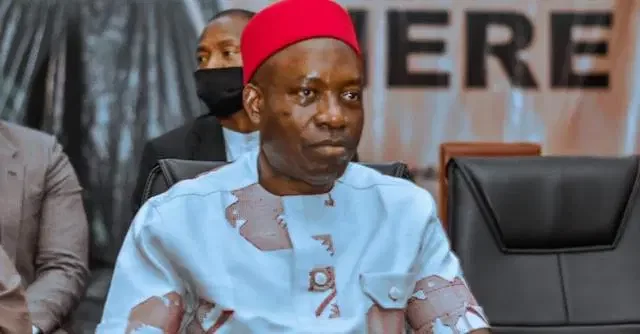

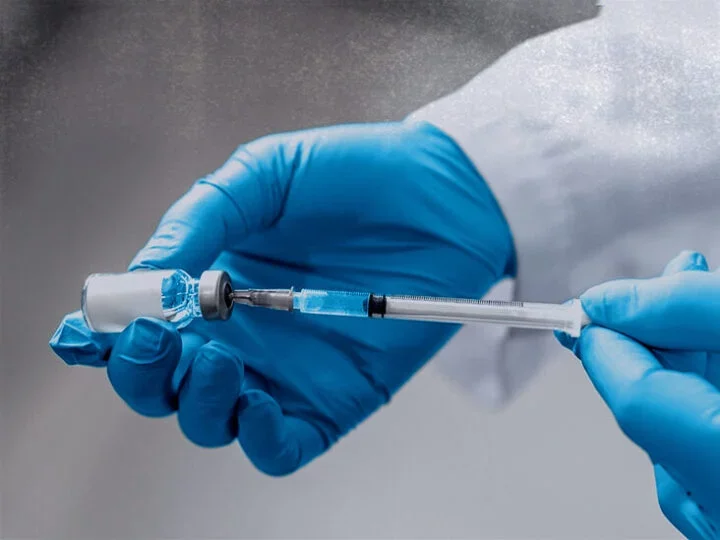

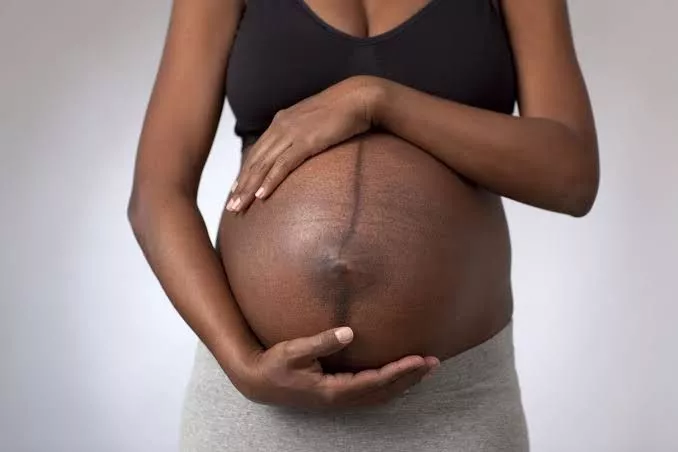
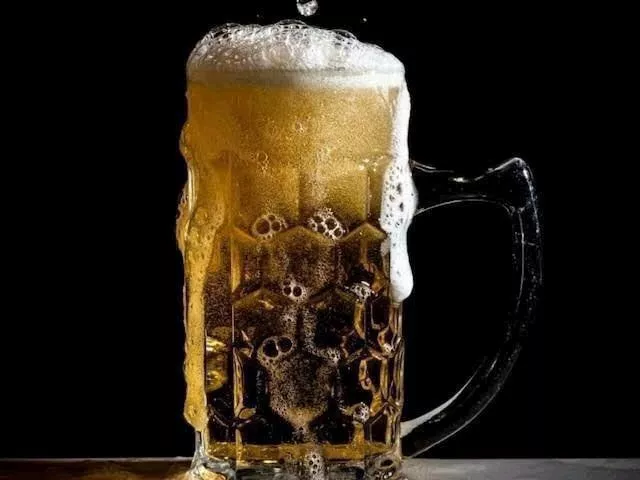

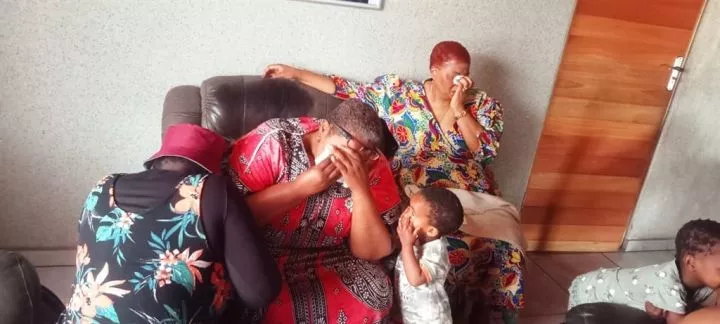
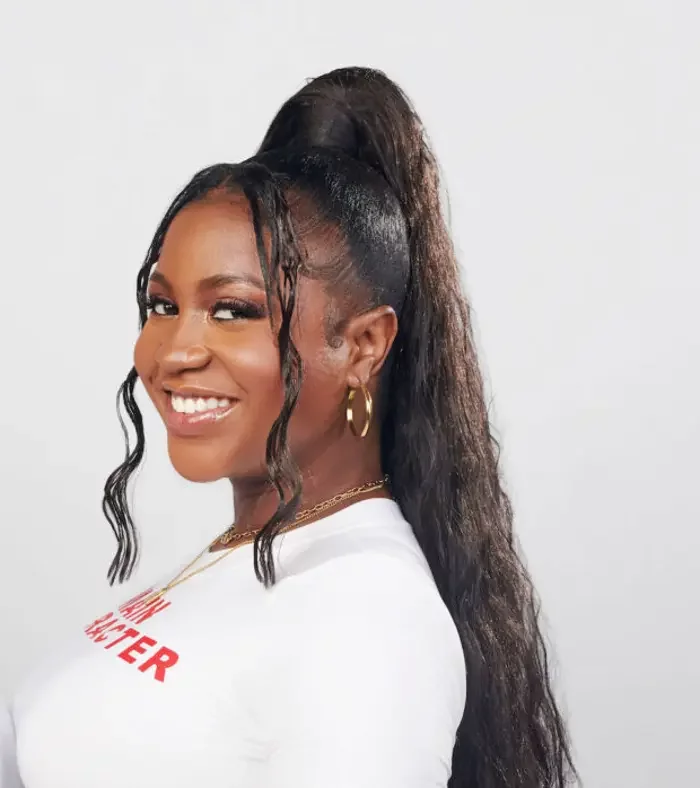



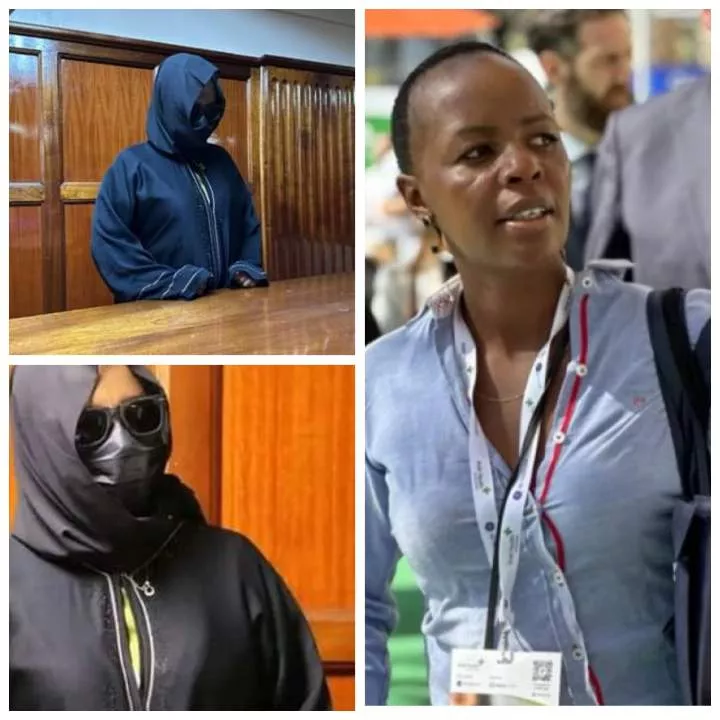


Comments